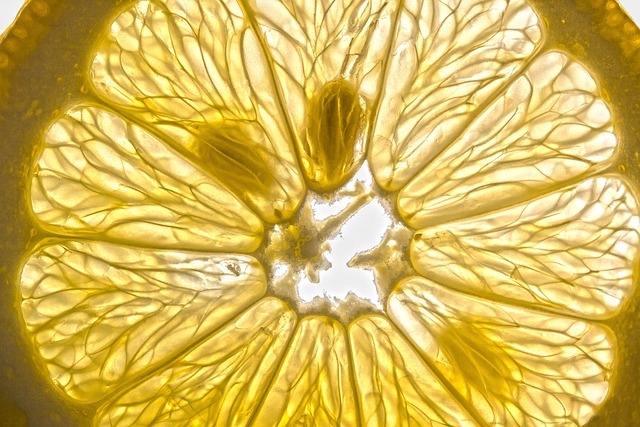Beyond Yogurt: Discover Unexpected Sources of Probiotics for a Thriving Gut
Probiotics are an essential component of a healthy gut. They are beneficial bacteria that promote digestion, support the immune system, and enhance overall well-being. Many people associate probiotics with yogurt due to its popularity as a probiotic-rich food. However, there are numerous other surprising sources of probiotics that can provide a diverse range of beneficial bacteria for your gut. In this article, we will explore some unexpected sources of probiotics that you can incorporate into your diet.
1. Kombucha
Kombucha is a fermented tea that has gained significant popularity in recent years. It is made by fermenting sweetened black or green tea with a symbiotic culture of bacteria and yeast (SCOBY). The fermentation process produces a tangy, effervescent beverage that is not only refreshing but also packed with probiotics.
Regular consumption of kombucha can introduce various strains of beneficial bacteria, such as Lactobacillus and Bifidobacterium, into your gut. These bacteria can help balance the microbiome and improve digestion. Additionally, kombucha is rich in antioxidants and organic acids, which further support overall gut health and immune function.
2. Kimchi
Kimchi is a traditional Korean dish made from fermented vegetables, primarily cabbage and radishes, along with a blend of seasonings. It is not only a delicious addition to meals but also a fantastic source of probiotics.
The fermentation process enhances the nutritional value of the vegetables and creates a diverse microbial community. This results in the production of lactic acid bacteria, such as Lactobacillus kimchii and Lactobacillus brevis, which are known for their probiotic properties.
Adding kimchi to your diet can provide your gut with beneficial bacteria that support digestion, enhance nutrient absorption, and boost immune function. It can be enjoyed as a side dish, added to sandwiches or salads, or even used as a topping for burgers.
3. Sauerkraut
Sauerkraut, similar to kimchi, is a fermented cabbage dish that originates from Germany. It is made by fermenting finely shredded cabbage with salt. The fermentation process allows the growth of lactic acid bacteria, which act as probiotics.
Consuming sauerkraut can introduce strains of bacteria such as Leuconostoc, Lactobacillus, and Pediococcus, which can help restore balance to your gut flora. These probiotics can improve digestion, alleviate bloating, and support immune function.
4. Miso
Miso is a traditional Japanese seasoning made from fermented soybeans, rice, or barley. It has a savory flavor and is commonly used in soups and marinades. Miso is not only a delicious ingredient but also a fantastic source of probiotics.
The fermentation process used to make miso involves the action of various probiotic bacteria, including species of Aspergillus, Bacillus, and Pediococcus. These bacteria contribute to the unique flavor profile of miso and provide gut-friendly bacteria.
Incorporating miso into your diet can support digestive health, enhance nutrient absorption, and even contribute to mental well-being. It can be used to add depth of flavor to soups, stir-fries, and dressings.
5. Tempeh
Tempeh is a fermented soybean product originating from Indonesia. It is made by fermenting whole soybeans and binding them into a firm, cake-like texture. Tempeh is not only a great plant-based protein source but also contains probiotics.
The fermentation process converts the soybeans into a more easily digestible form and increases the availability of beneficial bacteria. The predominant probiotics found in tempeh include Bifidobacterium and certain strains of Lactobacillus.
Including tempeh in your diet can provide your gut with additional probiotic support while also delivering a boost of essential nutrients. It can be used in stir-fries, salads, sandwiches, and even grilled as a meat substitute.
<







